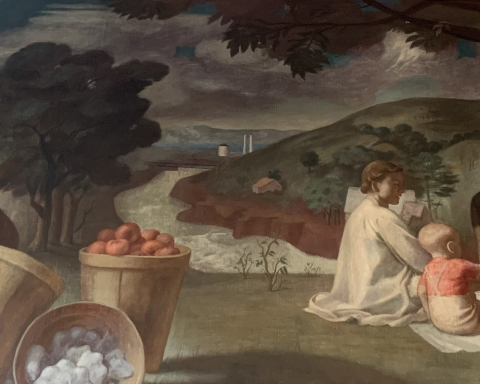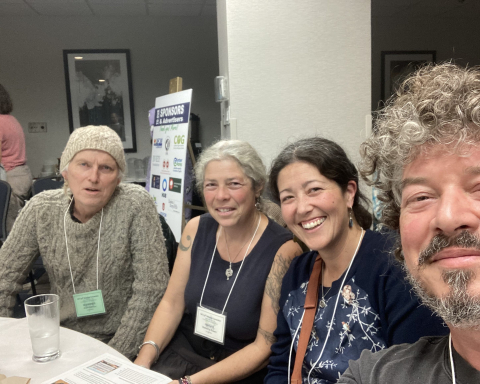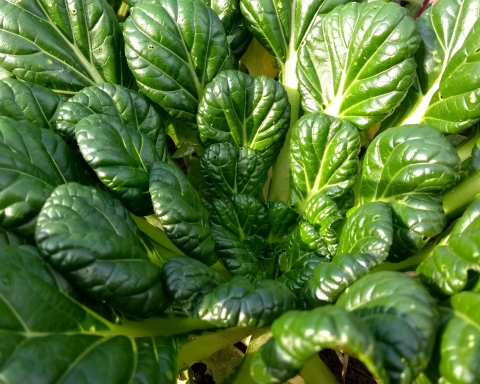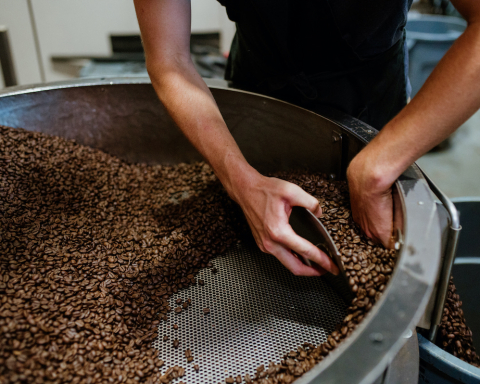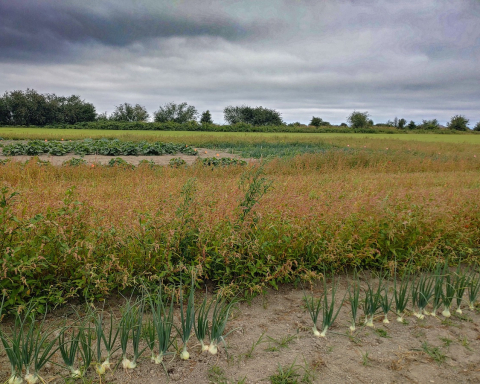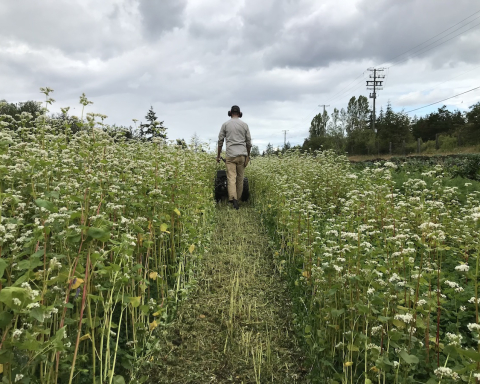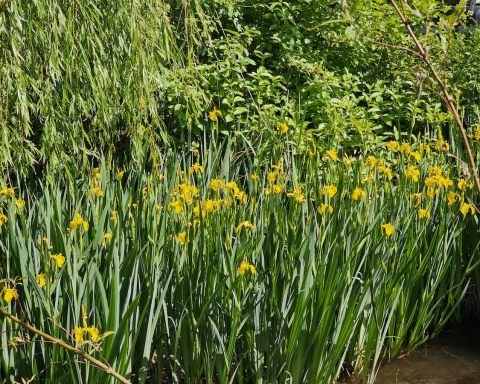Anna Helmer
Well, on the other hand, when a major crop flops, the harvest isn’t going to amount to much and that frees up a certain amount of time…
Welcome to my head space right now: consumed with our carrot crop catastrophe. You’ve joined me at a positive moment in the endless cycle of despair and future free time optimism. Stick around and we’ll get right back to wallowing in the carrot field of broken dreams, where I am often to be found pacing through the sparse carrot stand feeling bewildered and disappointed, trying to unravel the mystery. Eventually I wander far enough towards the east end of the field where things are not nearly so bad, and the mood improves. Not to the point of giddy elation, mind you—just a sort of contented, if somewhat resigned, reflection on all the free time coming my way.
It won’t be free time, in the strictest sense. I won’t be wandering around with nothing to do all fall. The time will be filled, allocated to something other than carrot harvesting and washing—perhaps directed at a variety of farm projects. I also may binge-watch a season of something instead of just watching the first episode and then googling the outcome, for lack of time. Oops. That was meant to be kept private, but here you are still following along my inner journey.
Sounds quite fun, doesn’t it, puttering about? I hope I don’t start a rush to declare crop flops to generate free time. There must be another way, but it hasn’t presented itself. Feel free to try it out on your own farm. Results may vary.
And it’s not like there are no carrots at all in the field. I think half the crop will make it to harvest. That is still quite a bit as we connived to plant a larger area this year, without admitting to it. Plenty of carrots to harvest, which happens to be my favourite farm job of fall. As I mentioned earlier, I haven’t figured out what happened to the other half. The possibilities are myriad, and I won’t go into all the details here unless I need to boost my word count.
I think this column is still called Biodynamic Farm Story and I really ought to stick to the mission. I am having trouble getting to the Biodynamic bits because biodynamics always gets kicked to the curb when the farm is particularly extremely busy, as has been the case this summer.
Most of the summer was spent with me making a strong case for auntie of the year honours: nieces and nephews galore on the farm. Most of them teenagers. Not much intrinsically biodynamic about teenagers. They were eager to work, though, so I helped with that. And they added a lot of youthful energy to the farm, compelling me to contribute a fair amount of middle-aged lady energy to balance it all out. Draining.
That effort was nothing, however, compared to wallowing through the process of achieving our CanadaGAP certification. This was a very distinctly non-Biodynamic effort. We are now awash in hand-sanitizing wipes, spotless harvest bins, and signs, including a “No Smoking” sign on the inside of the cooler door. And we now have over 30 active forms. Rudolph Steiner never mentioned anything about forms.
I am burying the following comment deep in the article as it is still quite an incomplete private thought: we are a better farm for having gone through the CanadaGAP certification process. I still think it’s a travesty of food safety justice that an essentially harmless little farm like ours is required to slog through the same process as a massive producer who needs help keeping the listeria and E.coli off the leafy greens, not to mention actually requiring a no-smoking-in-the-cooler sign.
However, there have been many unanticipated side benefits, coming because of the hours we spent striving to comply. We did a major clean-up, and that has helped considerably with not only airflow, but also freeing up all kinds of space in which to put things. We have better lighting now, the importance of which, for those possessing deteriorating eyesight, cannot be overstated. Our handwashing and toilet facilities are dialled, and I think our crew really appreciates this effort.
It must be said, however, that it all came at the expense of farming, especially the carrot farming. Instead of irrigating the heck out of them to get the pelleting to dissolve, I was going to the dump and reading the CanadaGAP manual. Instead of spending hours setting up the mechanical weeder to do the best job possible, I was going to the dump again, stencilling pallet numbers on the cooler floor, or printing and laminating signs. Instead of doing the one pivotal hand weeding that became necessary, I was carefully accumulating and sorting forms and checklists into piles called Ongoing, Weekly, Monthly, and Annual.
And instead of diligently and regularly applying BD 500 and BD 501, which I should have realized early in the season were going to be required to help the crop contend with heat, smoke, drought, and inattentive farming practices, I was just plain otherwise occupied. I found it very hard to tear my mind away from what seemed like daily new CanadaGAP compliance conundrums, discovered as we deciphered the manual or performed the latest self-audit.
So, it all boils down to this: I am not too disappointed over the reduced carrot yield. We’ll sort it out financially, and the crop we have will still allow me to enjoy my favourite job of fall. Sometimes it doesn’t even feel like work.
I’m being positive again. How annoying.
Anna Helmer farms in Pemberton and is not sure she would have been able to handle this summer in her 30s.
Featured image: Some acceptable carrots. Credit: Moss Dance



